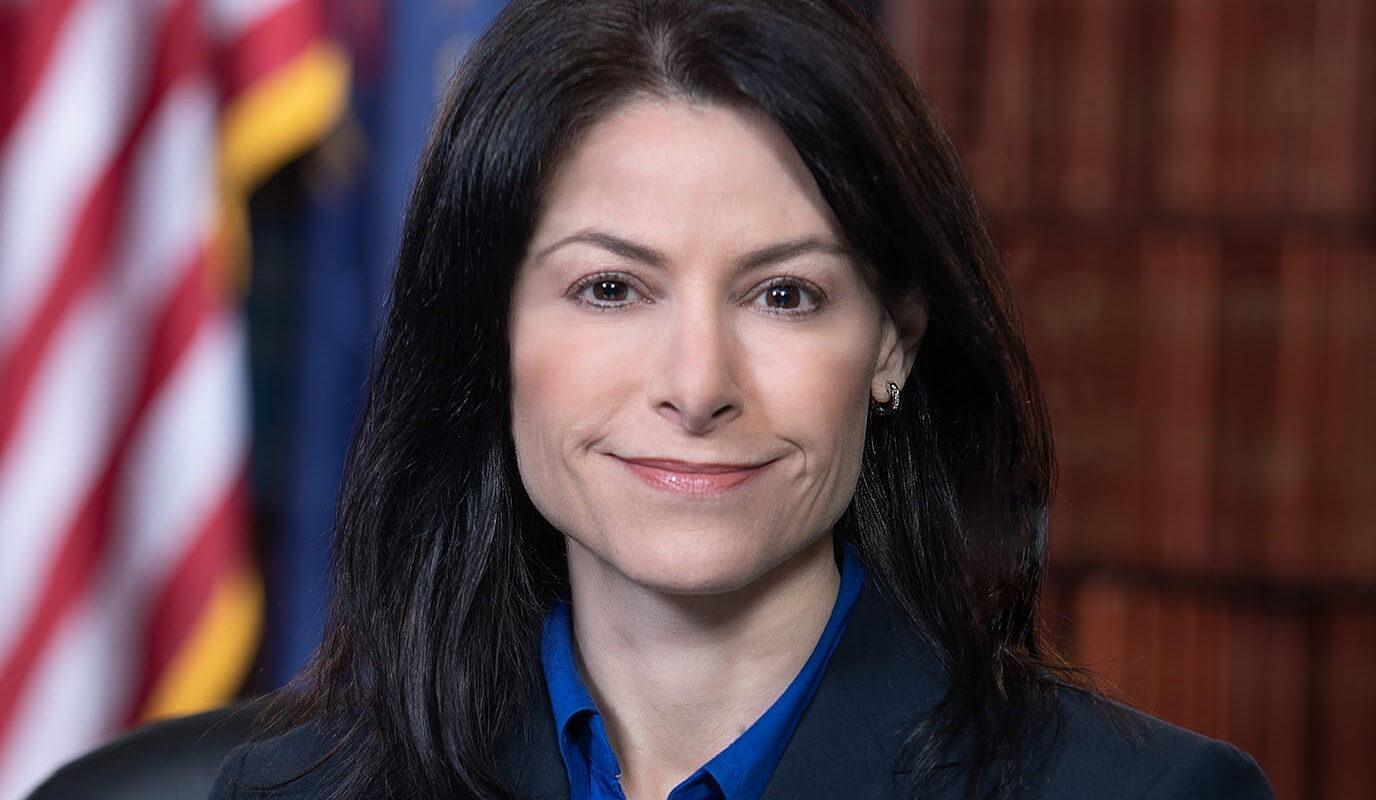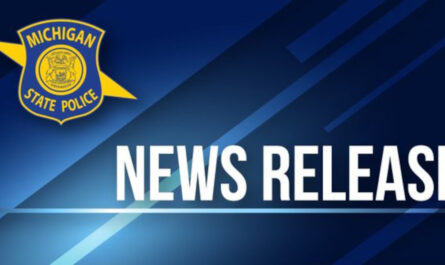Michigan joins legal fight against Trump-era immigration orders critics say target free speech and threaten higher education nationwide.
Ideological Deportation Policy raises free speech alarm in Michigan
Michigan Attorney General Dana Nessel has joined 18 other attorneys general in challenging the Trump Administration’s “Ideological Deportation Policy”, a move that could significantly impact international students and faculty at Michigan’s public universities. The policy, enacted via Executive Orders 14161 and 14188, allows federal agencies to deny entry or revoke visas based on perceived political beliefs, not actual security threats. Critics argue the orders violate constitutional protections, particularly the First Amendment.
Filed in the U.S. District Court of Massachusetts, the lawsuit—American Association of University Professors, et al., v. Marco Rubio, et al.—asserts that the policy targets lawful noncitizen residents, disproportionately affecting students and educators engaged in political discourse.
“This is yet another disturbing and unconstitutional example of the Trump Administration targeting people simply for expressing opposing political views,” said Attorney General Nessel, noting the impact on Michigan’s 15 public universities.
Michigan universities face chilling effect from federal orders
The executive orders have already led to the revocation of more than 700 visas of noncitizen students, researchers, and educators nationwide. According to the amicus brief, students from at least 10 public universities across Michigan have been affected. The state’s higher education institutions—including University of Michigan, Michigan State University, and Wayne State University—stand to lose valuable international talent and diversity if the policy continues.
Deportation risk suppresses political and religious expression
The coalition’s brief argues that the ambiguous language in the executive orders fosters self-censorship among noncitizens, who may avoid participating in political debates or religious discussions out of fear. This suppression threatens not only academic freedom but also public health and safety, as researchers may hesitate to share findings deemed politically sensitive.
The brief highlights how the policy could cause irreparable harm to states by deterring global academic collaboration, hindering research progress, and reducing economic and cultural contributions made by international students and faculty. According to the Institute of International Education, international students contributed nearly $1 billion to Michigan’s economy in 2023.
AG coalition urges court to halt policy nationwide
Joining Michigan in the amicus brief are attorneys general from Arizona, California, New York, and 15 other jurisdictions. The lawsuit seeks an injunction to stop enforcement of the policy before more residents are detained or deported under its sweeping criteria.
Legal observers say this case could have national implications. “The federal government is walking a constitutional tightrope,” said Douglas Linder, law professor at the University of Missouri-Kansas City. “Immigration law allows discretion, but it doesn’t allow the executive branch to silence dissent.”
If the court agrees, the ruling could mark a significant check on executive immigration power. If not, universities may be forced to adjust recruitment strategies and provide legal aid to affected staff and students.
Broader legal, political implications tied to upcoming election
With the 2024 presidential election cycle behind but its policy impacts still rippling through the courts, this case underscores ongoing tension over immigration, national security, and academic freedom. The legal challenge mirrors broader national debates on who gets to speak freely in America—and who decides.
Related News:
- “Trump’s Executive Orders on Immigration Continue to Draw Legal Fire” – New York Times
- “Free Speech vs. National Security: Where Courts Draw the Line” – Brookings Institution
- “Michigan Universities Brace for Policy Fallout” – Detroit Free Press
Citations: Institute of International Education (iie.org), New York Times, Brookings Institution, Detroit Free Press, interview with Dr. Amanda Carpenter conducted April 14, 2025.
Find More Interesting Feature Stories From ThumbWind
- Michigan Feature Stories – Unveiling the diverse and vibrant people, captivating places, and remarkable events that come together to make the Great Lake State unique and cherished by both residents and visitors alike.
- Weird Political News – A sarcastic take on official news from around the U.S., exploring the absurdities that often arise in the political landscape while providing a humorous perspective on current events and highlighting the quirks of politicians and policies.
- Michigan News – News and events from Michigan’s Upper Thumb region worth knowing, including local stories, impactful interviews, and updates on community happenings that shape the culture and lifestyle of the area.
Your Turn – Like This, or Loath it – We Want To Hear From You
Please offer an insightful and thoughtful comment. We review each response. Follow us to have other feature stories fill up your email box, or check us out on ThumbWind Publications.




